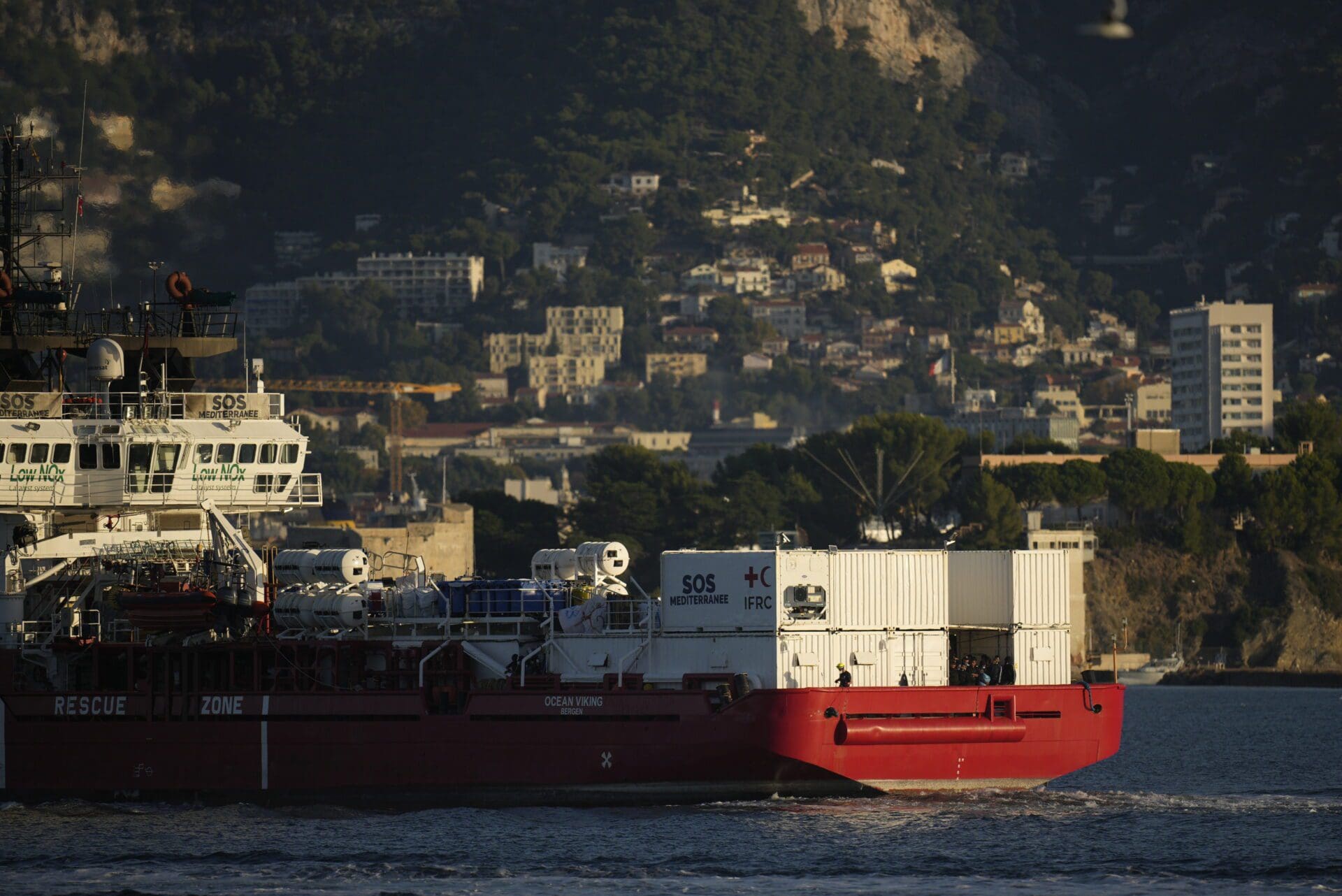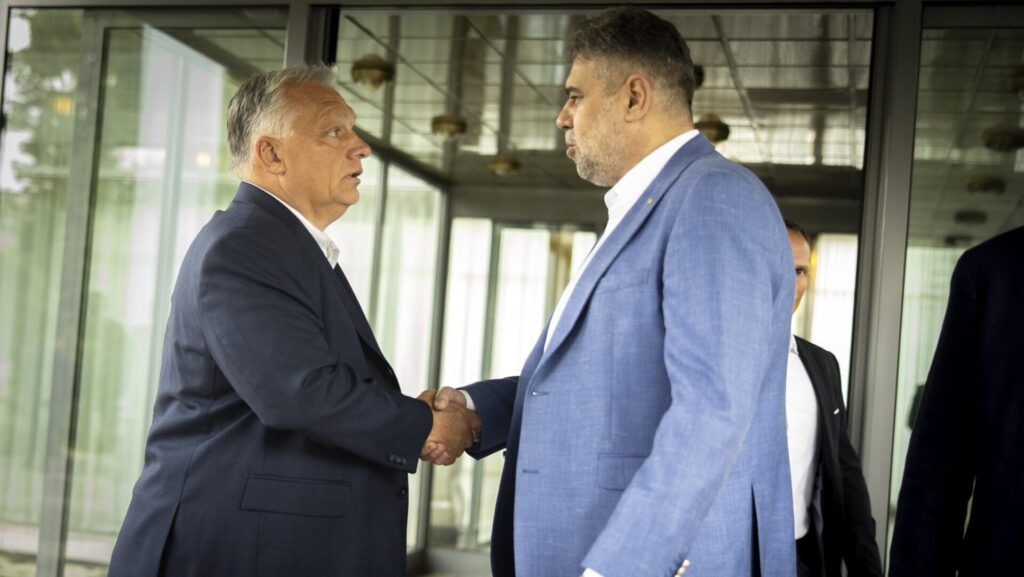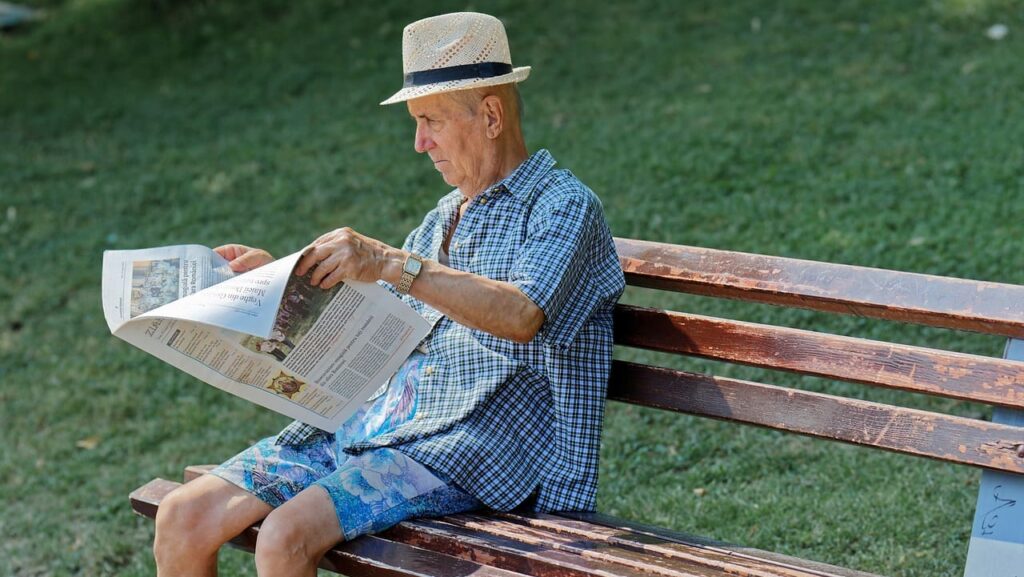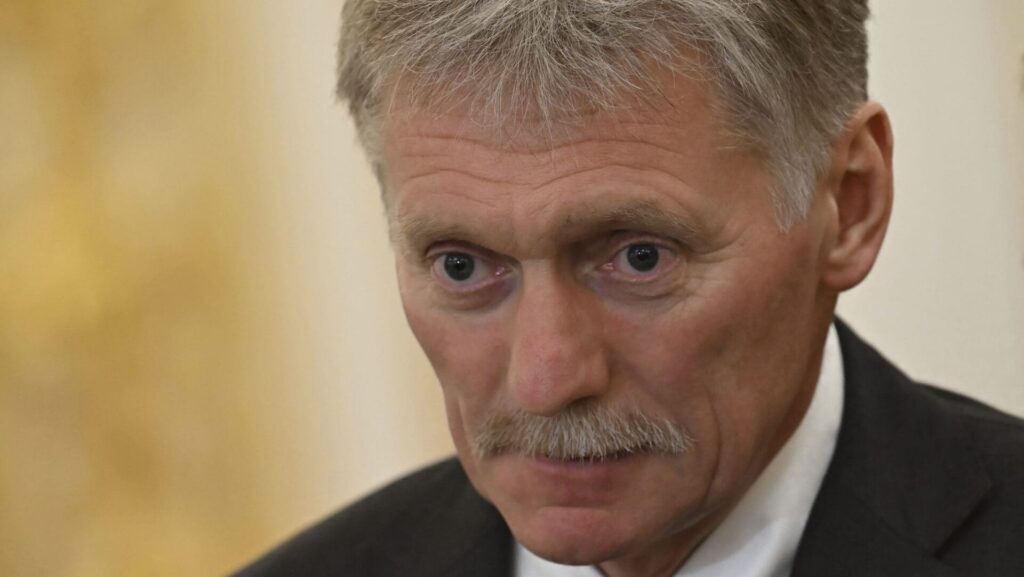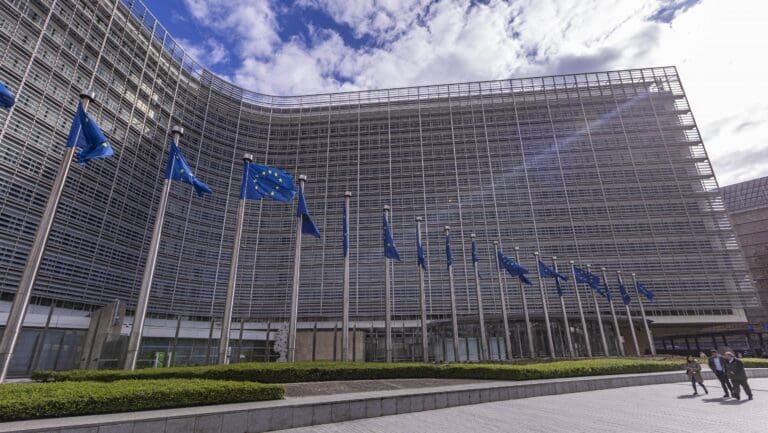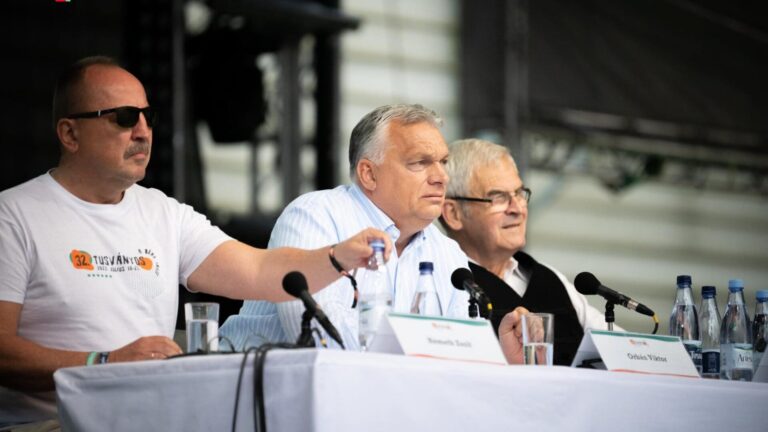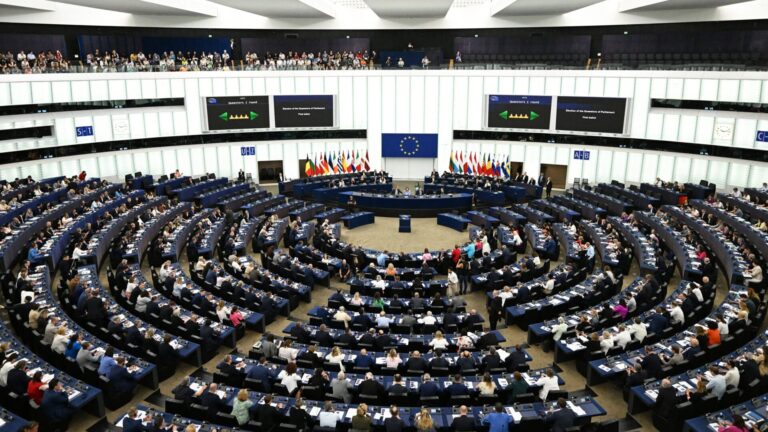As expected, the new Italian conservative government led by Giorgia Meloni is taking a much tougher stance against illegal migration. One spectacular example of this was the recent crackdown by Italian authorities on three boats carrying refugees off the coast of Italy. Although authorities allowed one boat to enter a port in Sicily, only minors and people in need of medical care were permitted to disembark. The request to dock of the other two boats was refused. Prime Minister Viktor Orbán has also reacted to the events on Twitter.
The turning away by Italian authorities of three ships carrying refugees attracted ample media coverage and harsh criticism from liberal politicians. The Humanity1, sailing under German flag, landed in Catania, where Italian authorities allowed all but 35 men on board to go ashore after inspecting the vessel, Hungarian weekly Hetek reported, quoting the NGO SOS Humanity. The captain of the ship refused to comply with the Italian authorities’ instruction to leave the port and Italian territorial waters. SOS Humanity, which operates the ship, announced last Monday that it would appeal to the competent legal body, in this case the administrative court of the province of Lazio, against the order of the Ministry of the Interior.
‘In the port of Catania, only those who are selected by the authorities will be allowed to disembark,’ complained Aboubakar Soumahoro, an Ivorian Italian politician of the Italian Left (SI)–Greens electoral alliance, on Twitter. The opposition politician, who was present at the port at the time of the incident, sharply criticised the Italian government and demanded that the asylum seekers be allowed to land, along with some of his colleagues and around 30 activists. The Norwegian-flagged Geo Barents owned by the Doctors Without Borders (MSF), with 572 people on board, was also allowed to dock in Catania. 375 people in need of care, pregnant women and children were allowed to leave the ship, while the rest had to remain on the Geo Barents, albeit the authorities have provided medical care for those on board.
Rome insists that it is the countries under whose flags the ships sail that must take in the migrants
Italy’s new government considers the ships operated by NGOs a threat to national security to which it will not open its ports. Rome insists that it is the countries under whose flags the ships sail that must take in the migrants. Interior Minister Matteo Piantedosi said the Humanity1 could only stay in Italian waters as long as children and people in need of urgent medical care are allowed to land. The authorities may also impose a fine of €50,000 on Humanity-1.
Eventually, the entry of all those on the ship was approved after both Germany and France called on Italy to provide a safe haven for them. Berlin and Paris also indicated that they would allow in some of the migrants so that Italy would not bear the burden of migratory pressure alone. The Italian authorities have not changed their mind about the other two ships so far.
The German-flagged Rise Above, with 93 migrants, entered Italian waters east of Sicily last weekend to seek shelter because of the stormy seas, but has not received consent from Italy to dock, nor a response from the authorities to repeated requests for a safe haven. The Ocean Viking, operated by the French NGO SOS Méditerranée, with 234 migrants on board, remained in international waters south of the Strait of Messina.
League politician and former interior minister Matteo Salvini is well known for his uncompromising anti-immigrant stance. Mr Salvini, who heads the ministry for infrastructure and transport including ports, stressed on his social networking site that ‘Italy cannot accommodate everyone’.
‘The European Union has to take up a policy of collaboration and help’
Salvini thanked Pope Francis, who called for a policy of cooperation with the European Union. The head of the Catholic Church argued that ‘the European Union has to take up a policy of collaboration and help. It can’t leave Cyprus, Greece, Italy and Spain with the responsibility of all the migrants that arrive on their shores.’
Following the strict action of the Italian authorities off the Italian coast, the Basque organisation Salvamento Maritimo Humanitario announced on social media that its vessel Aita Mari would not sail for the time being until it is clear whether it can dock in Italy.
‘Italy will not be an accomplice of human trafficking. Has someone finally begun to understand it?’ reacted Matteo Salvini in response to the Basque announcement.
Sixty-three per cent of Italians support the institution of a tougher migration policy than that pursued by the previous left-wing governments, according to a poll published in the right-wing daily Il Giornale.
Giuseppe Loffreda, an expert on maritime law, told the Il Messaggero newspaper that people taken on board by NGO ships in international waters were not shipwrecked, they are migrants. He added that they would be considered eligible for admission if they were rescued in the SAR (search and rescue) zones of the countries they belonged to. He noted that NGO vessels are ships designed to care for people on board.
Hungarian Prime Minister Viktor Orbán also posted a short comment on his Twitter page on the matter. The PM wrote: ‘Finally! We owe a big thank you to Giorgia Meloni and the new Italian government for defending Europe’s borders.’
Finally! We owe a big thank you to @GiorgiaMeloni and the new Italian government for protecting the borders of Europe. #GrazieGiorgia https://t.co/llTz5XO2xi
— Orbán Viktor (@PM_ViktorOrban) November 6, 2022

